Southeast Asia ramps up biggest demand for halal cosmetics
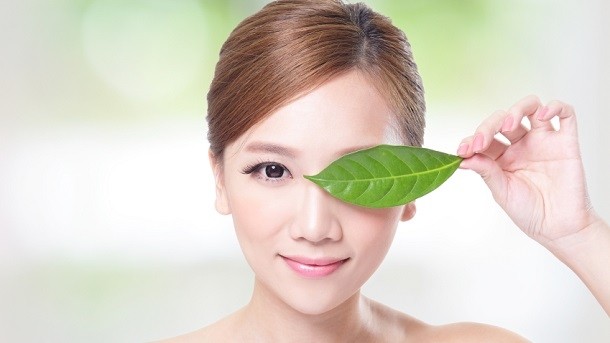
Along with religious obligation, a growing emphasis on personal grooming is driving the halal cosmetics segment, particularly in Indonesia, Pakistan, and India.
The latest research finds that consumer awareness and subsequent demand is behind the rise of this sector, with both local and multinational players tapping into the market.
According to the firm's consultant, PS Neha; this sector will witness an annual growth rate (CAGR) of 9.9% through 2020 and reach a valuation of US$ 2.47 Bn in Asia alone.
Cosmetic manufacturers looking to enter this lucrative market will need to comply with the regulations set up by ombudsmen or government authorities.
Future Market Insights tells this publication that the rules of certification varies across countries, and a product that is certified as halal in one country might not necessarily gain certification in another country.
Purchasing power
Meanwhile, Euromonitor also believes that there are good opportunities in this market, as it is still not a very crowded space.
“In South East Asia where the segment is being tapped into, there are opportunities to extend to a wider range of categories. There are strong prospects in categories such as oral care free of pig fat," analyst Oru Mohiuddin told Cosmetics Design in March.
At present, the halal cosmetics segment is relatively free of the multinational brands, which may be down to local players having a better understanding of the religion.
However, Mohiuddin says Unilever is considering it, and that there is good scope for Colgate and P&G too.
“This segment is mostly populated by local players. Some well-known ones are Wardah in Indonesia, IBA in India, Layla Mandi in North America,” she continues.
It is because of Wardah and IBA, which are denting the Anglo-Dutch giant’s share in their respective markets, that Unilever will be taking a serious look at halal cosmetics.
“This means there is no longer an issue of opportunity for some multinationals,” says Mohiuddin. “Companies such as Unilever are left with not much option other than to enter the segment given their shares are potentially threatened in markets where they have a strong presence.”

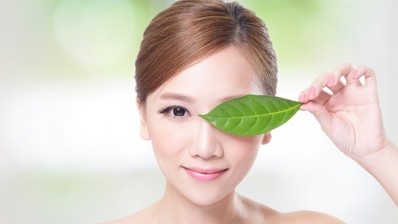
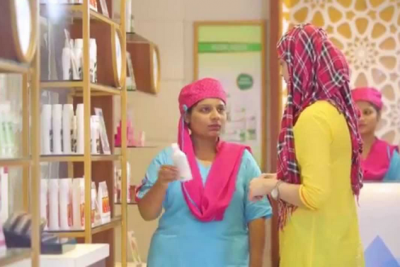
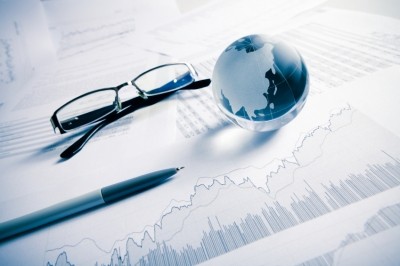
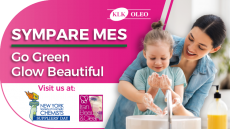

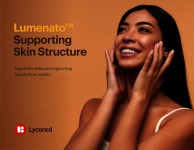


![Latest developments from the South Korean beauty market. [Getty Images]](/var/wrbm_gb_food_pharma/storage/images/_aliases/wrbm_tiny/publications/cosmetics/cosmeticsdesign-asia.com/headlines/brand-innovation/korea-focus-able-c-c-kolmar-and-more-in-this-k-beauty-round-up/17357973-1-eng-GB/Korea-focus-Able-C-C-Kolmar-and-more-in-this-K-beauty-round-up.jpg)

![Able C&C has furthered its partnership with Japanese discount chain Daiso with new makeup launch. [A'pieu]](/var/wrbm_gb_food_pharma/storage/images/_aliases/wrbm_tiny/publications/cosmetics/cosmeticsdesign-asia.com/headlines/brand-innovation/a-pieu-and-daiso-launch-exclusive-2-makeup-line/17339117-1-eng-GB/A-pieu-and-Daiso-launch-exclusive-2-makeup-line.jpg)
![Down Under Enterprises is setting sights on the Asian market as environmental sustainability and traceability become increasingly important. [Getty Images]](/var/wrbm_gb_food_pharma/storage/images/_aliases/wrbm_tiny/publications/cosmetics/cosmeticsdesign-asia.com/headlines/market-trends/down-under-enterprises-shifts-focus-to-china-as-environmental-sustainability-traceability-come-into-the-spotlight/17304932-1-eng-GB/Down-Under-Enterprises-shifts-focus-to-China-as-environmental-sustainability-traceability-come-into-the-spotlight.jpg)
![News updates from Shiseido, Dr.Ci:Labo, Sephora, and more. [Shiseido]](/var/wrbm_gb_food_pharma/storage/images/_aliases/wrbm_tiny/publications/cosmetics/cosmeticsdesign-asia.com/headlines/brand-innovation/updates-from-shiseido-dr.ci-labo-sephora-and-more/17334944-1-eng-GB/Updates-from-Shiseido-Dr.Ci-Labo-Sephora-and-more.jpg)

![Clariant has underscored the importance of localisation strategies and distribution capabilities in China with beauty trends evolving at a rapid pace. [Getty Images]](/var/wrbm_gb_food_pharma/storage/images/_aliases/wrbm_tiny/publications/cosmetics/cosmeticsdesign-asia.com/article/2024/04/16/clariant-emphasises-importance-of-localisation-in-the-era-of-viral-trends/17327969-1-eng-GB/Clariant-emphasises-importance-of-localisation-in-the-era-of-viral-trends.jpg)



